When is slower internet better than none at all? When are travel delays more serious a political challenge than threats of nuclear war? These questions acquired particular significance with the news that Stockholm’s Arlanda airport was temporarily closed this week when several drones intruded into its airspace. Investigations are still in progress, but the police are suggesting this was deliberate sabotage and suspicion is already falling on Moscow. It has highlighted what is likely to be a central element of Russia’s emerging political warfare against the West: a strategy of inconveniences.
What is the strategic value in such seemingly petty and spiteful acts?
The FBI has been accusing Moscow of a systemic effort to tilt the US elections towards Donald Trump, but in Europe, Russia’s intelligence agencies — which Sir Richard Moore, head of MI6, recently described as having “gone a bit feral” — have been involved in rather more direct measures, from assassinating a defector in Spain, to arson attacks in the UK and Poland, to suspected tampering with train lines. Some of these operations have obvious geopolitical significance. Arranging for a defector to be gunned down (probably by outsourcing it to Russian gangsters living just a stone’s throw, or pistol shot, away) discourages others, for example. Setting up webcams monitoring certain train lines allows Moscow to assess the flow of military assistance to Ukraine in realtime.
Sweden, which only this year joined NATO, has already witnessed unidentified drone flights near a nuclear power plant and, according to unconfirmed claims, naval bases. These could be reconnaissance, or signaling the Kremlin’s displeasure at Stockholm’s decision to align itself — as the Russians see it — with a hostile bloc.
But why buzz a civilian airport in a way guaranteed to disrupt operations? For that matter, why launch cyberattacks on Czech railway ticketing systems? Or sanction the operations of ransomware gangs targeting UK National Health Service suppliers? What is the strategic value in such seemingly petty and spiteful acts?
The answer lies in Putin’s assumptions about the West. He was, it seems, taken aback by the West’s unity and willingness to assume costs in order to place sanctions on Russia and support Ukraine after the February 2022 invasion. However, there is a sense in Kremlin circles that western publics have also lost sight of the costs of this arm’s-length involvement in the war. As one Russian think-tanker close to government circles put it to me, “you just write a check every month and let us and the Ukrainians do the suffering.”
Of course, there is a cost. Every dollar, euro or pound spent on Ukraine is not being spent on public services or is being added to the tax bill or national debt. But the impact is indirect and diffuse. So far in the war, for example, the UK has committed almost £12.7 billion ($16.7 billion) to Ukraine (more than half in military assistance), which compares with the total of £6.85 billion ($9 billion) keeping the entire prison population behind bars or £3.1 billion ($4.1 billion) for one of the Royal Navy’s new aircraft carriers. Yet no one is drawing any kind of direct link between Ukraine and the need to release prisoners from overcrowded prisons early or the fact that so far Britain has not been able to buy enough aircraft to make up the carriers’ full complements.
As a result, the chatter in Moscow is that the Kremlin is thinking that if European people can be made to feel that the war is directly affecting their lives for the worse, they will pressure their leaders to impose an ugly peace on Ukraine that will allow Putin to claim victory.
Hence the potential pivot to operations designed not for dramatic effect but a slow, accumulative worsening of European quality of life. Knocking out train services or internet by cyber attack would certainly have an impact, but be quickly attributed to Moscow and likely arouse anger more than anything else. But more insidious operations that simply degrade performance, which are at once harder to identify and distinguish from the regular hassles of daily life? There is a school of thought, especially within the Russian Security Council Secretariat — its main civilian national security establishment — that this is something that may finally begin to generate the requisite levels of “Ukraine fatigue.”
At present, it seems as if this is still a strategy under consideration, being tested out. Yet a trio of Nordic parliamentarians I was chatting to, all stalwart defenders of Ukraine, were horrified as they began spinning up their own nightmare scenarios as to what might aggravate their constituents, from disrupted ferry services to winter-time power outages. Maybe it is worth trying to assess our own particular vulnerabilities before not after Moscow comes calling?
Of course, the Arlanda operation may well have been delivering a very specific message about Kremlin anger at Sweden’s recent announcement of a new military aid package for Ukraine. As I filed this from my hotel and headed to Copenhagen Airport, I could only hope that Putin wasn’t feeling especially unhappy with the Danes. I was in luck.
This article was originally published on The Spectator’s UK website.



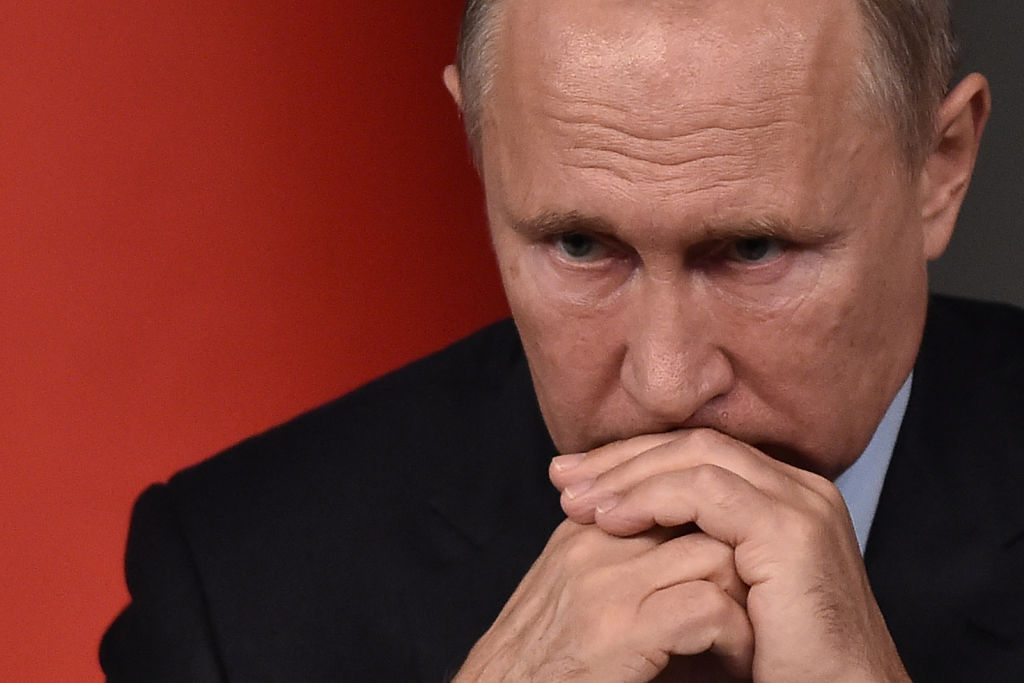







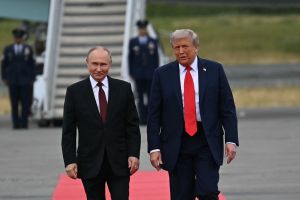
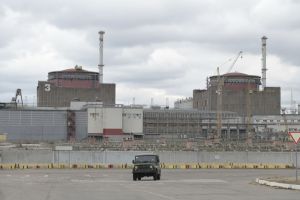

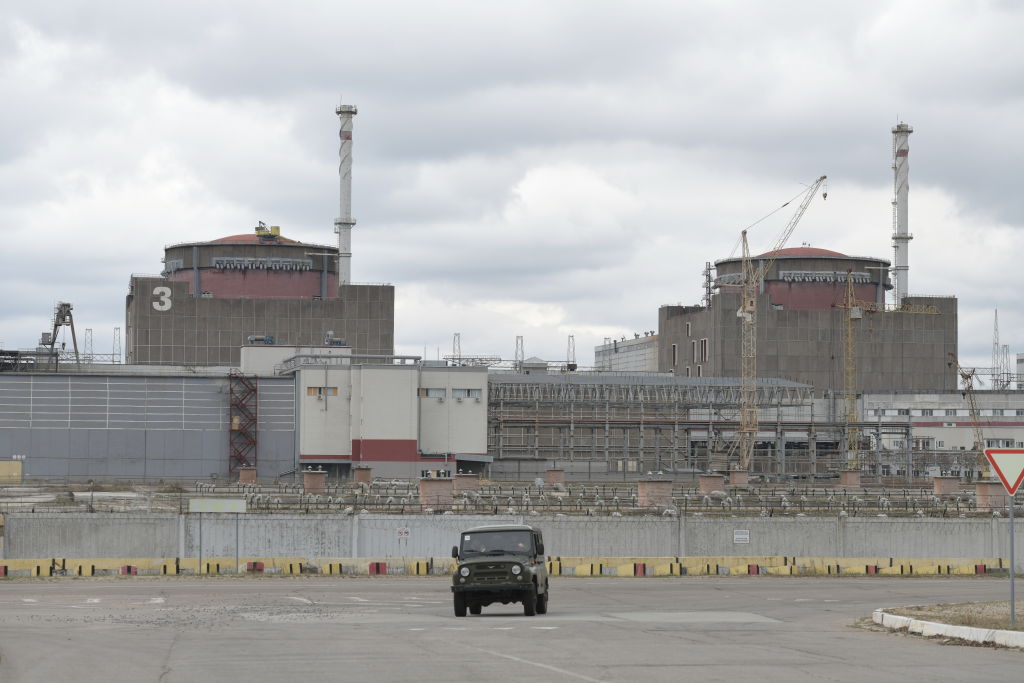
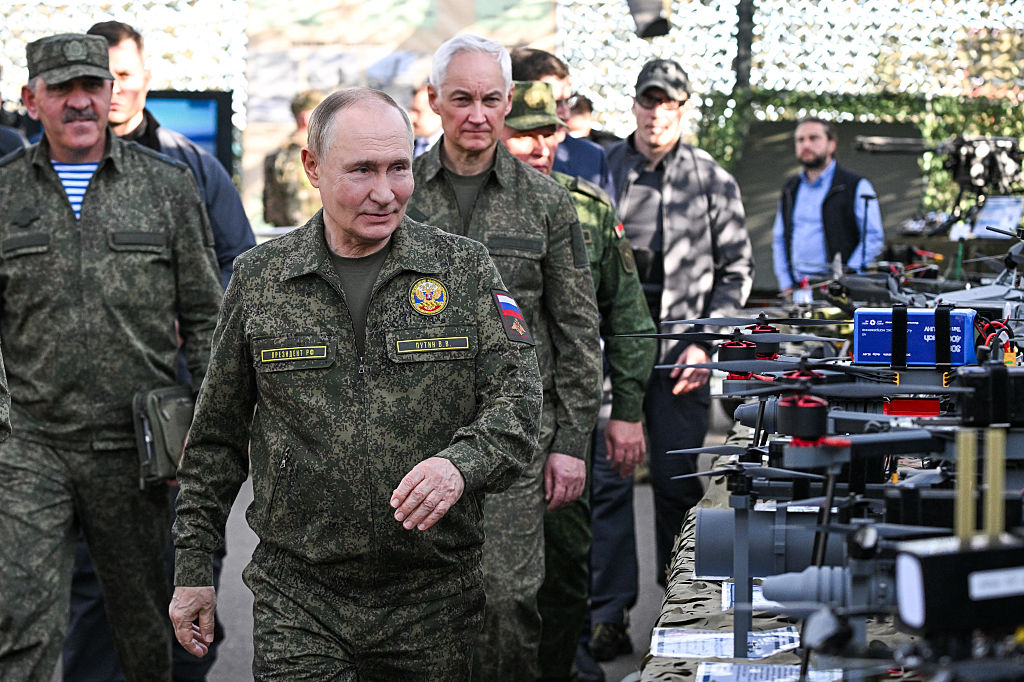










Leave a Reply